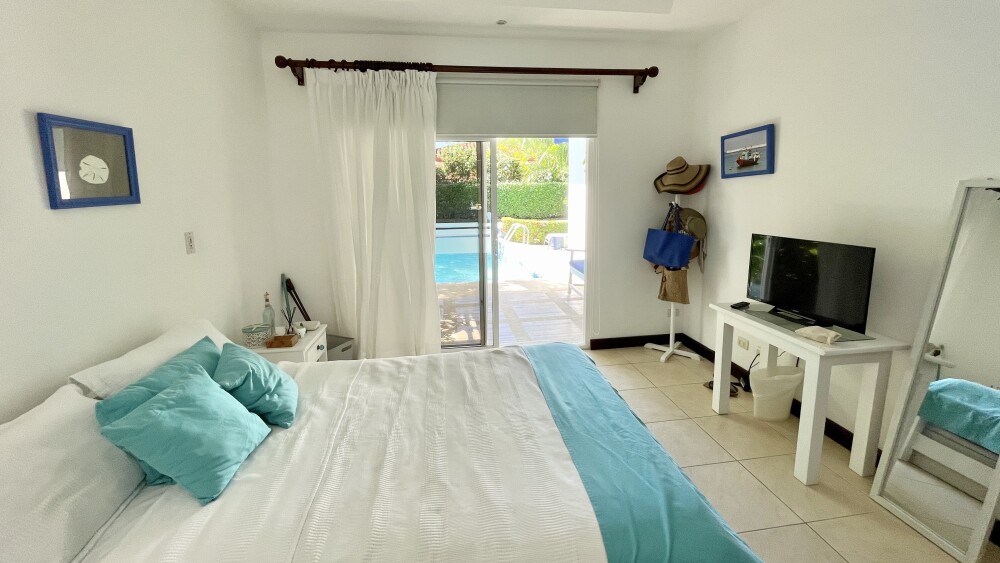- Price it right. Set a price at the lower end of your property’s realistic price range. Consider:
- Comparable properties: A “comp” is what real estate professionals call home sales that can be reasonably used to help determine the price of your home. But just because you’re in the same neighborhood doesn’t mean that the houses will sell for the same amount. Your real estate professional will help you determine how to compare your home in terms of size, upkeep, and amenities.
- Competition: How many other houses are for sale in your area right now? Are you competing against new homes or condos for sale in the area?
- Contingencies: Do you have special needs that might turn away buyers? A common one is refusing to be flexible about a moving date.
- Asking a lender: Since most buyers will need a mortgage, the home’s sale price should be in line with a lender’s estimate of its value.
- Accuracy: Studies show homes priced more than 3 percent over the correct price take longer to sell.
- Prepare for visitors.
- Get your house market-ready at least two weeks before you begin showing it. Make all your repairs, and then do a deep clean (or hire a cleaning service to help).
- Consider an appraisal.
- For a few hundred dollars, a qualified appraiser can give you an estimate of your home’s value. This is useful for sellers going through a divorce or needing to divide the proceeds for other reasons. Be sure to ask for a market-value appraisal, and find someone who understands the area and type of home you have. Your agent should be able to offer recommendations.
- Be flexible about showings. Spur-of-the-moment showings are disruptive, and making sure your home is constantly ready to show can be exhausting. But the more amenable you can be, the sooner you’ll find a buyer.
- Anticipate the offers. Decide in advance the price range and terms that are acceptable. Be clear with yourself and your agent about what kind of offers you’re comfortable with. It’s critical to know what price you’ll accept before entering negotiations with a potential buyer.
- Don’t refuse to drop the price. If your home has been on the market for more than 30 days without an offer, be prepared to at least consider lowering your asking price.
- Ponle precio justo. Establezca un precio en el extremo inferior del rango de precios realista de su propiedad. Considerar:
- Propiedades comparables: un “compensativo” es lo que los profesionales de bienes raíces llaman ventas de casas que pueden usarse razonablemente para ayudar a determinar el precio de su casa. Pero el hecho de que estén en el mismo vecindario no significa que las casas se venderán por la misma cantidad. Su profesional de bienes raíces lo ayudará a determinar cómo comparar su hogar en términos de tamaño, mantenimiento y comodidades.
- Competencia: ¿Cuántas otras casas están a la venta en su área en este momento? ¿Está compitiendo contra nuevas casas o condominios en venta en el área?
- Contingencias: ¿Tiene necesidades especiales que podrían alejar a los compradores? Uno común es negarse a ser flexible con respecto a una fecha de mudanza.
- Preguntar a un prestamista: Dado que la mayoría de los compradores necesitarán una hipoteca, el precio de venta de la vivienda debe estar en línea con el valor estimado por el prestamista.
- Precisión: Los estudios muestran que las casas con un precio superior al 3 por ciento sobre el precio correcto tardan más en venderse.
- Prepárese para los visitantes.
- Prepare su casa para el mercado al menos dos semanas antes de comenzar a mostrarla. Haga todas sus reparaciones y luego haga una limpieza profunda (o contrate un servicio de limpieza para que lo ayude).
- Considere una tasación.
- Por unos pocos cientos de dólares, un tasador calificado puede darle una estimación del valor de su casa. Esto es útil para los vendedores que se están divorciando o que necesitan dividir las ganancias por otras razones. Asegúrese de solicitar una tasación de valor de mercado y busque a alguien que comprenda el área y el tipo de casa que tiene. Su agente debería poder ofrecer recomendaciones.
- Sea flexible con las exhibiciones.
- Las exhibiciones espontáneas son disruptivas, y asegurarse de que su hogar esté constantemente listo para mostrarse puede ser agotador. Pero cuanto más dócil seas, antes encontrarás un comprador.
- Anticípese a las ofertas. Decida de antemano el rango de precios y los términos que son aceptables. Sea claro con usted mismo y con su agente sobre el tipo de ofertas con las que se siente cómodo. Es fundamental saber qué precio aceptará antes de iniciar negociaciones con un comprador potencial.
- No se niegue a bajar el precio. Si su casa ha estado en el mercado por más de 30 días sin una oferta, prepárese para al menos considerar bajar el precio de venta.

